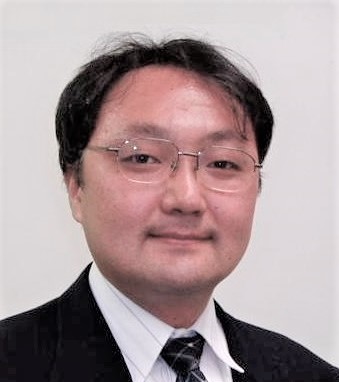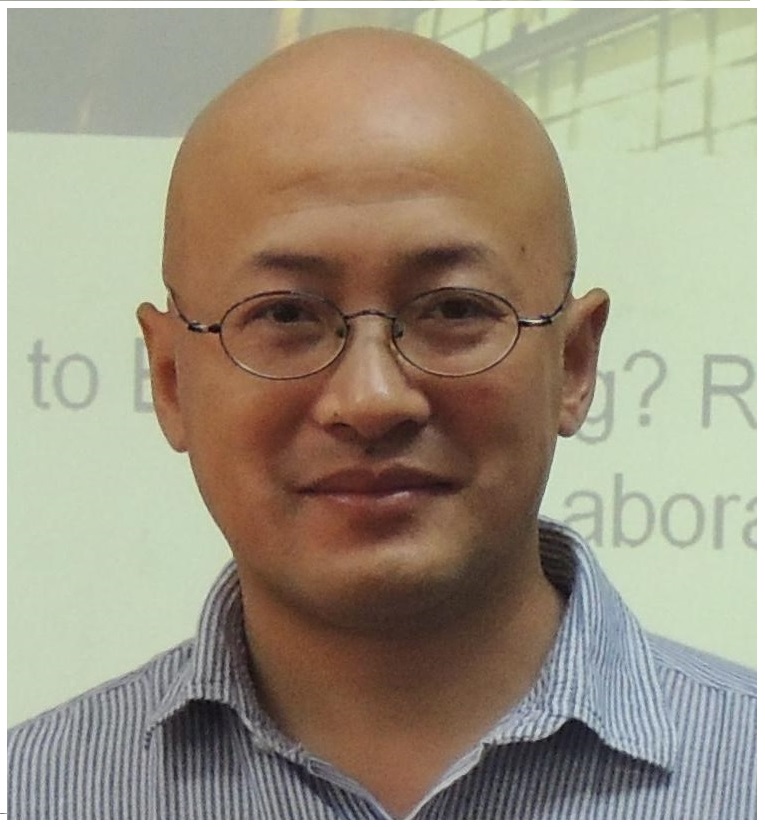Prof. Ikuro Mizumoto
Kumamoto University, Japan
Robot, Control and Instrumentation
Division of Industrial Fundamentals
Faculty of Advanced Science and Technology

Title:
Output Feedback based Adaptive Control and Parallel Feedforward Compensator -Design and Applications-
Abstract:
The system is said to be `almost strictly positive real (ASPR)' if there exists a static output feedback such that the resulting closed-loop system is strictly positive real (SPR). The conditions for the system to be ASPR are given by (1) the system is minimum-phase, (2) the system has a relative degree of 1, (3) the high-frequency gain of the system is positive. It is well recognized that, under the ASPR condition, one can easily design stable adaptive output feedback control systems and/or adaptive output tracking control systems which have simple structure utilizing only output of the controlled system. Under the ASPR conditions, the ASPR based adaptive output feedback controls including simple adaptive control (SAC) can reduce the number of adjusting parameters and can design the controller without the knowledge of the order of the controlled system. Therefore, the ASPR based adaptive output feedback controls have strong robustness with respect to system's uncertainties and disturbances so that several kinds of practical applications have been reported. Unfortunately, however, since there are many systems that have relative degree greater than one and/or is not minimum phase, most practical systems do not satisfy these ASPR conditions. One of the simple solution to overcome the problem is to introducing a parallel feedforward compensator (PFC). By introducing the PFC to the controlled system, the difficulty to control uncertain system is drastically alleviated via simple adaptive output feedback based on ASPR properties.
In my talk, the basic design concept of the output feedback based adaptive control system is presented and the availability of the PFC is explained. The applicability of the output feedback based adaptive control is also shown with some application results.
Brief Biography:
Ikuro Mizumoto received the B.E. degree, the M.E. degree and the Dr. Eng. degree, all in mechanical engineering from Kumamoto University, Kumamoto, Japan, in 1989, 1991 and 1996 respectively. Since 1991 he has been with Kumamoto University, where he is currently a Professor of Robot, Control and Instrumentation Group, in Faculty of Advanced Science and Technology. In 2000, he has held a visiting position at University of Alberta for 7 months by the research fellowship funded from the Ministry of Education of Japan. He received Best Book Award in 2011 from SCIE for the book ‘Simple Adaptive Control’. His research interests over last few years have been adaptive control system design, robust adaptive control and output feedback based control for nonlinear systems and their applications.
